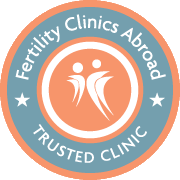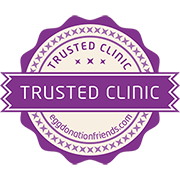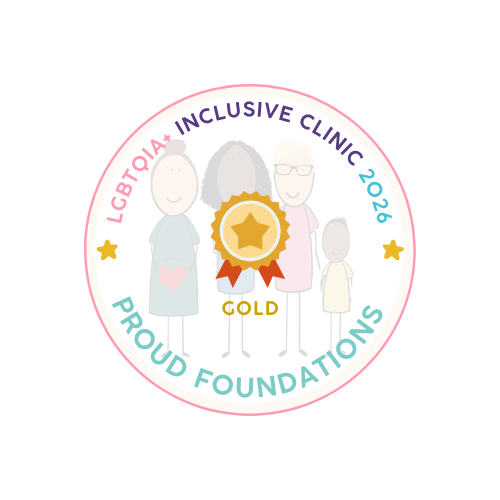There is a continuing debate since the 1990s regarding the association between infertility, use of assisted reproduction techniques (ART), infertility treatment and cancer, especially gynaecological and breast cancer.
There is a conflict when it comes to studies that suggest a link between fertility treatments like In Vitro Fertilization (IVF) and cancer. Although some of them report a small increase in cancer risk for hormone-sensitive cancers including ovarian, uterine and breast, on the other hand, there are many studies that demonstrate no increase in the risk at all. Furthermore, it’s uncertain if the underlying infertility is the reason for increased cancer risk in some patients. All medications, including fertility drugs, accompany some risks. But should someone be concerned about increased cancer risk?
The problem with many of the studies regarding this subject is that they do not consider other potential risk factors for cancer. Specifically, if a woman never experiences pregnancy, her risk of cancer increases. Similarly, obesity is not only a risk factor for infertility, but it is also a risk factor for cancer. The fertility drugs may not be responsible at all. Instead, the increased frequency may be credited to the reason behind infertility itself or any number of other factors not considered in some studies.
A Cochrane Review published in 2013 revealed that drugs used for ovarian stimulation do not increase the risk of ovarian cancer. Along with this review, studies that did find increased cancer risk were not reliable because they did not take into consideration the risk of infertility itself or the sample size was too small. Follow-up studies with larger groups of women are needed.
What about the risk of endometrial cancer? A Cochrane Review made a conclusion that we cannot say with certainty that fertility drugs increase the risk of endometrial cancer. Like in many studies, the consensus is that the need of treatment in infertile women is the most crucial reason for increased cancer risk and not the IVF treatment itself. However, because infertility itself is a risk factor for cancer, follow-up after diagnosis is recommended. Women with primary infertility, women with endometriosis, PCOS or those who never become pregnant and give birth might have an increased risk of developing cancer.
Could IVF treatment increase your risk of breast cancer? With current data, it seems unlikely. Remarkably, researchers concluded in a research that the risk of breast cancer was lower for women who had 7 or more IVF cycles compared to women who had 1 or 2 cycles. It is not clear why this happened.
Nowadays milder stimulation protocols are being used than in the early days of IVF treatment. Most studies on cancer and fertility treatment included women treated in the 1980s, where the stimulation protocols were more aggressive (extremely high dosages of stimulation drugs).
Long-term follow-up is required when it comes to studies on cancer and fertility treatment. Fertility drugs are off the hook until more established and well-organized studies will come up.
References:
Rizzuto I1, Behrens RF, Smith LA. “Risk of Ovarian Cancer in Women Treated with Ovarian Stimulating Drugs for Infertility.” Cochrane Database Syst Rev. 2013 Aug 13;(8):CD008215. doi: 10.1002/14651858.CD008215.pub2.
Skalkidou A1, Sergentanis TN2, Gialamas SP2, Georgakis MK2, Psaltopoulou T2, Trivella M3, Siristatidis CS4, Evangelou E5, Petridou E2. “Risk of endometrial cancer in women treated with ovary-stimulating drugs for subfertility.” Cochrane Database Syst Rev. 2017 Mar 25;3:CD010931. doi: 10.1002/14651858.CD010931.pub2.
van den Belt-Dusebout AW1, Spaan M1, Lambalk CB2, Kortman M3, Laven JS4, van Santbrink EJ5, van der Westerlaken LA6,Cohlen BJ7, Braat DD8, Smeenk JM9, Land JA10, Goddijn M11, van Golde RJ12, van Rumste MM13, Schats R2, Józwiak K1,Hauptmann M1, Rookus MA1, Burger CW4, van Leeuwen FE1. “Ovarian Stimulation for In Vitro Fertilization and Long-term Risk of Breast Cancer.” JAMA. 2016 Jul 19;316(3):300-12. doi: 10.1001/jama.2016.9389.
Stewart LM, Holman CD, Finn JC, Preen DB, Hart R. Association between in-vitro fertilization, birth and melanoma. Mel. Res. 23(6), 489–495 (2013).
Williams CL, et al "Risks of ovarian, breast, and corpus uteri cancer in women treated with assisted reproductive technology in Great Britain, 1991-2010: Data linkage study including 2.2 million person years of observation" BMJ 2018; DOI: 10.1136/bmj.k2644.











